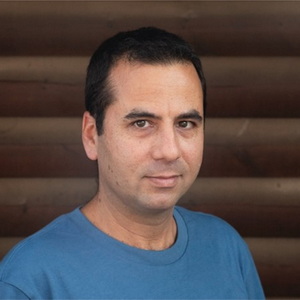
Dr. David (Dudi) Deutsch
Principal investigator
David (Dudi) Deutsch received his B.Sc in electrical engineering from Tel-Aviv University in 2005. His M.Sc (direct path for outstanding students) was joint between Tel-Aviv university and the Weizmann Institute, focusing on electrostatic properties of adsorbed polar molecules. Following one year of travel in South America, he decided to move his scientific focus to understanding the mysteries of the brain. He joined the Neurobiology department at the Weizmann Institute of Science, where he did his Ph.D. under the supervision of Prof. Ehud Ahissar and Prof. Elad Schneidman. He studied how brains are actively controlling the flow of information that they collect from their environment (‘active sensing’), using the rat whisker system as a model.
Transitioning to his post-doctoral studies, he switched to studying the fruit fly Drosophila melanogaster, taking advantage of the tractability of the system, and the available genetic tools. In 2014 he joined the Murthy lab at the Princeton Neuroscience Institute. He studied social communication in males and females, focusing on two major questions: (1) What are the shared and sexually dimorphic circuits for the processing of courtship song in the male and female brains, and (2) How do internal motivational states modulate social behavior. Dudi opens his lab in the Neurobiology department at the University of Haifa in 2022, where he will study the neural basis of social communication.
When not in the lab, Dudi loves being outdoors: hiking, running, diving, and skiing.
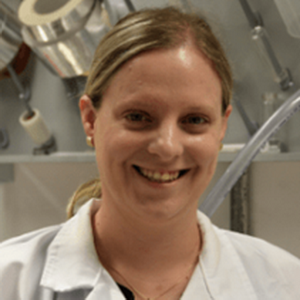
Dr. Orit David
Lab Manager
As a former undergraduate, M.Sc. and Ph.D. student (in the lab of Prof. Kobi Rosenblum) as well as lab manager at the University of Haifa Orit has a longstanding connection to the university. Throughout this time, she acquired comprehensive knowledge in many fields, including cell culture, biochemistry, pharmacology, in-vivo electrophysiology and various mice and behavioral models. Her main expertise is studying changes in cellular cascades and their effect on protein synthesis and behavior.
In the Deutsch lab her central goal is to reveal the link between gene expression, neural activity and behavior, using Drosophila as a model system.
In her free time, Orit enjoys swimming, reading and hanging out with friends.
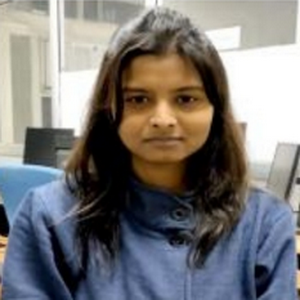
Dr. Arpita Mondal
Postdoctoral student
Arpita started her academic journey with B.Sc. and M.Sc. in Mathematics from Jadavpur University, Kolkata, India, culminating in a Ph.D. in Mathematical Biology from the Indian Institute of Technology Roorkee in 2023. Specializing in mathematical modeling, her expertise involves translating real-world phenomena into mathematical frameworks, facilitating insights and predictions to deepen our understanding of complex systems.
Her research interests so far spans from modeling intermittent plankton distribution in aquatic environments, ecological dynamics influenced by natural phenomena in marine environments, neuro dynamics and mathematical modeling of tumor-immune system interactions, particularly focusing on treatment strategies.
Currently, Arpita is engaged in two projects: (1) investigating the social behavior of Drosophila, aiming to reveal the neural basis of dynamic, context-dependent social decisions, (2) revealing the neural basis of persistent internal states. Both projects involve experimental and mathematical aspects.
Beyond her research endeavors, Arpita is a practitioner of Indian classical music and Rabindra sangeet, adding a harmonious dimension to my multifaceted academic pursuits.
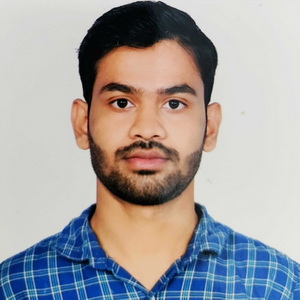
Subhajit Jana
Postdoctoral student
Jana recently submitted his Ph.D. thesis in Drof. Rafi Lamprecht’s lab. Once approved, he will officially become a post-doctoral scholar in the lab.
During his Ph.D., Jana focused on unraveling the intricacies of gene expression in the hippocampus, particularly in the context of fear memory formation. Investigating the regulation by EPHB2 and deciphering the functions of their protein products were key aspects of his doctoral work.
Currently, Jana’s major focus is on revealing the circuits and computations of state-dependent multisensory integration. To this aim Jana is using two photon imaging, neural tracing (using the Drosophila connectome), neural perturbations (using optogenetics) and behavioral quantification.
Outside the academic realm, Jana finds joy in capturing moments through photography and indulging his passion for cooking.
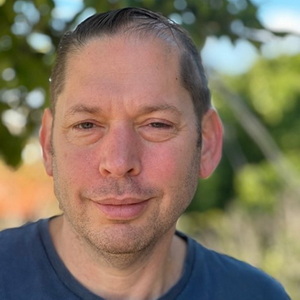
Ehud Sussman
PhD student
Ehud Sussman received an undergraduate degree in an applied mathematics and statistics from SUNY Stony Brook and a graduate degree in Operations Research and Industrial Engineering from Cornell University.
He served as a mathematics teacher in New York State. The students he taught at the Bronx High School of Science inspired Ehud to pursue science in-depth. He completed his M.Sc. in Information Systems with an emphasis on Machine Learning at the University of Haifa. As an aspiring researcher with a quantitative background, Ehud plans to complement his research skills by preparing and performing experimental research in an experimental lab. In his PhD, Ehud applies tools from machine learning to quantify courtship behavior in Drosophila, using high-resolution video and audio recordings. He will apply these methods to reveal the neural basis of sex/mating-state-dependent sensorimotor transformations.
In addition to fluency in English and Hebrew, Ehud can converse in Hindi.
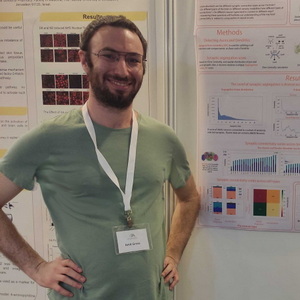
Amit Gross
MSc student
Upon graduating from the Biology and Psychology B.Sc. program at Haifa University in 2018, Amit worked at the Weizmann institution and the Technion, participating in various STEM research projects while studying computer science and mathematics at the Open University. He is particularly interested in implementing & developing computational techniques for a better understanding of neural systems’ connectivity, functions, and behavior.
Currently, Amit is persuading his M.sc. under the neurobiology-bio informatics program.
In his research, he explores how diversities in the drosophila connectomics (such as synaptic types and neural architectures) are related to information flow and computation across the brain.
Besides science, you might find Amit having fun with friends and family, playing music, or just relaxing in front of a tv show or a movie.
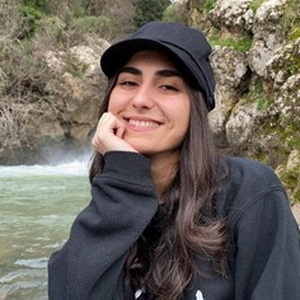
Seba Awidat
MSc student
Seba grew up in Majdal Shams at the beautiful Golan Heights.
She completed a B.Sc. degree at the Oranim academic college before joining as a masters student to the Deutsch lab.
During her M.Sc. research, she is planning to study how mutations in ASD (autism spectrum disorder) linked genes modulate social communication. To this aim she will employ a behavioral screen, followed by circuit analysis.
In her free time, Seba is the owner of ‘SoyJoy Candles’, an online store for handmade natural soy wax candles. She likes to read books and watch sunsets
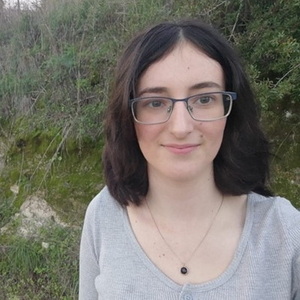
Zehava Rozental
BSc student
Over the last two years, Zehava have been pursuing her first degree in computer science within the Etgar program in parallel to her high school education.
In her project at the Deutsch lab, she is working on using computational tools for quantifying behavioral changes during sexual maturation in Drosophila.
In her free time, Zehava enjoys activities like running, diving, and exploring nature through travel. She will soon start a mandatory service at the Israeli Defense Forces.